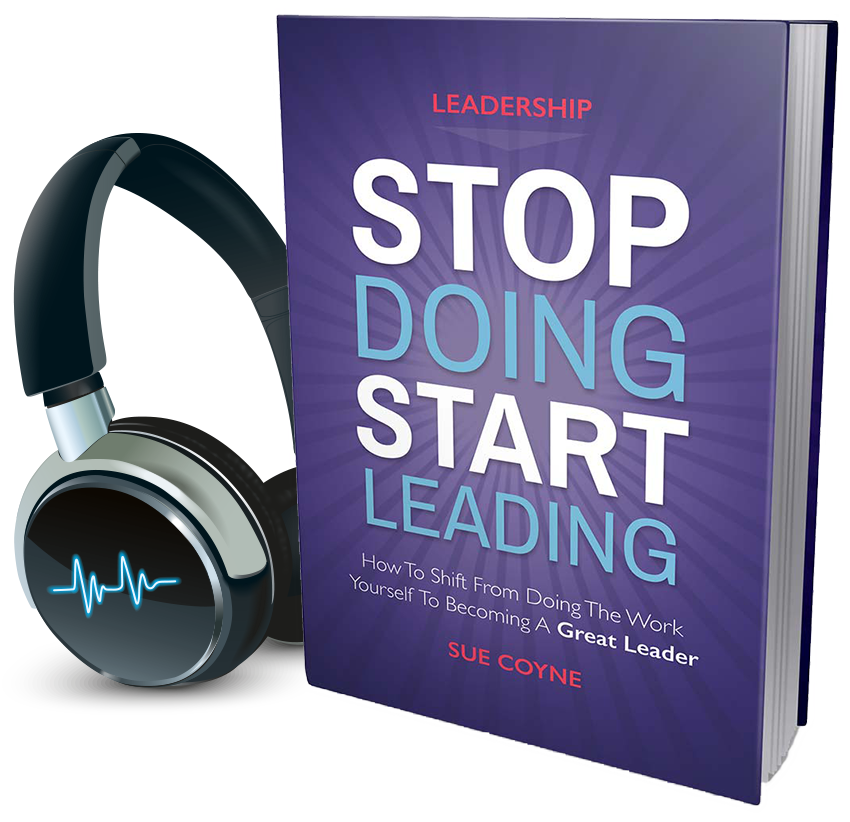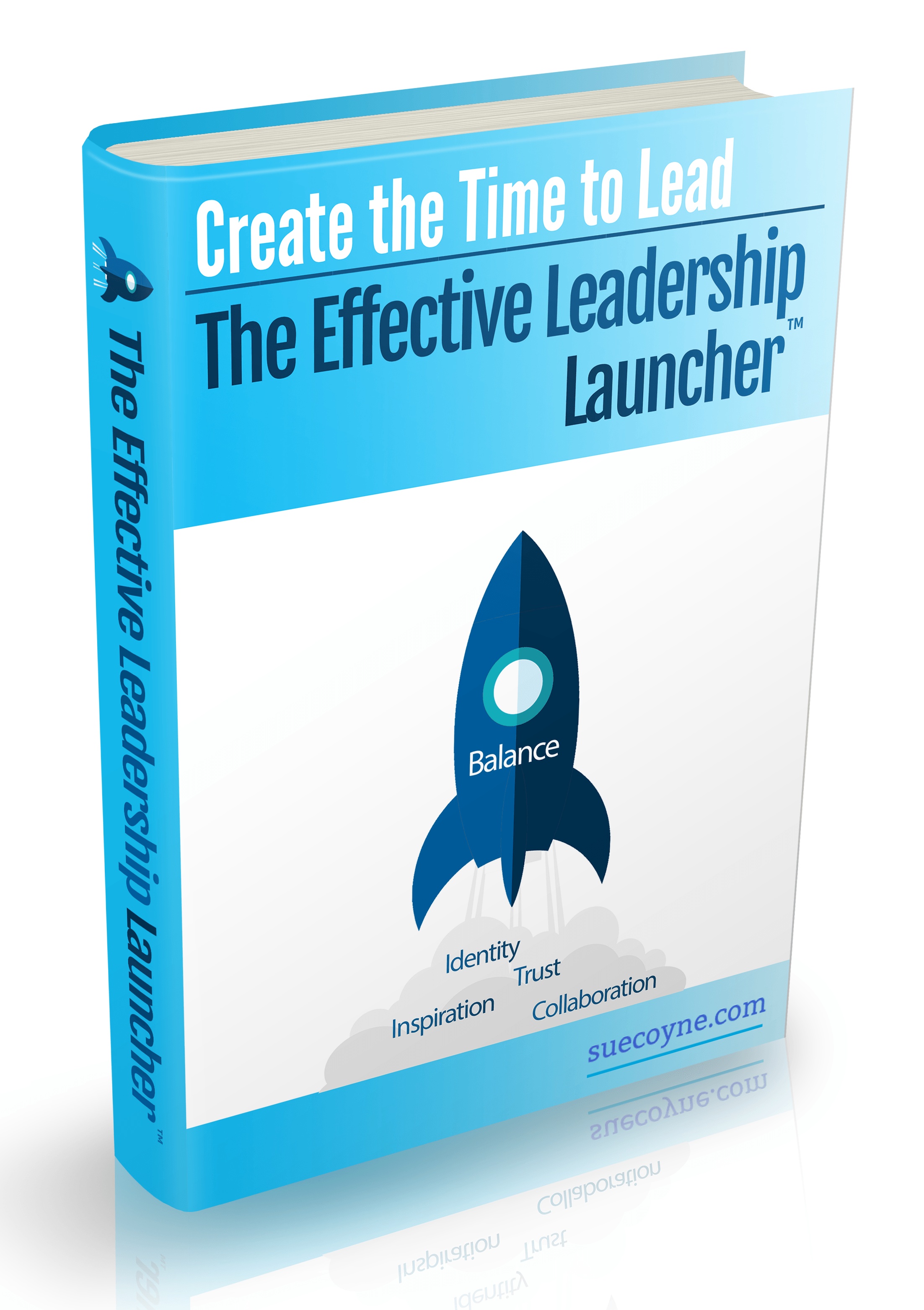Emotional intelligence is a combination of social skills, self-awareness, motivation, self-regulation and empathy. It has been studied extensively, and is seen as one of the most important aspects of effective leadership.
While in the traditional sense, toughness and determination may sound like the qualities required at a senior level within an organisation, it has been shown that being emotionally intelligent is what enables people to make a difference at this level.
Emotional intelligence involves understanding how to utilise emotion to have a positive influence on others. It is through this ability that emotionally intelligent leaders motivate, inspire and influence those around them.
As mentioned above, emotional intelligence can be summed as consisting of five constituents – social skills, self-awareness, motivation, self-regulation and empathy. Emotionally intelligent leaders have all of these capabilities and they feature strongly in their day-to-day lives.
Social skills rest on a person’s ability to engage with other people. Those with good social skills often have wide networks, are good at managing relationships, at leading teams and at leading others through change. Their ability to be sociable often in an informal way could be mistaken for lack of focus and drive in the workplace. However, the emotionally intelligent leader is aware that their forging of alliances will ultimately have a pay back and a positive outcome for the business.
Self-awareness is all about being aware of your emotions and how you come across to others. How you are feeling at any moment can vary, depending on the type of situation you are in. Your emotions have an automatic effect on the people around you – and affect them accordingly.
By recognising your feelings and emotions, you learn to pause, reflect and make a conscious choice about how to behave, rather than reacting to them unconsciously. The self-aware leader knows that how they come across can influence circumstances and the people involved dramatically.
Motivation is vital to leading effectively. But what is it that motivates you? Is it the promise of a financial bonus or is it the fulfilment you derive from your work? True motivation comes without a financial incentive. Emotionally intelligent leaders are effective because they wake up every day wanting to make a difference.
Motivation energises leaders to look at all facets of the organisation and want to improve them – the ethos, processes, communication, software, decor – anything that they feel will improve the environment and therefore the business to a degree. Motivation provides energy, optimism and the drive to achieve – and these three things will be transmitted to anyone who comes in to contact with this type of leader.
Motivation is contagious and is fundamental to a successful business.
Some people believe this is a tricky skill to master. The art of self-regulation may be difficult for certain personalities – these are essentially biological impulses – but it is not impossible. When an outcome arises that doesn’t suit your expectations, it is very easy to raise your voice, argue, protest, brood and/or undermine.
However, self-regulation teaches you to channel your emotions in a more positive way. Being able take a few moments to consider and reflect, you can offer up your thoughts on the event, analyse why what happened and then provide a solution going forward. Self-regulation is admired – you are confronting the issue, but by looking at it from a distance, you are providing a solution not another problem.
Empathy is an awareness of others and their feelings. In order to engage with your people, you need to be able to understand or detect their emotions. A tactful, measured response to situations allows you to read people better, and to not only be influenced by their external behaviours.
The ability to listen ties in closely with this. When people speak, words are only 7% of the communication, their tone of voice is 38% and body language is 55% – all of these things are picked up by an empathic leader and interpreted accordingly.






